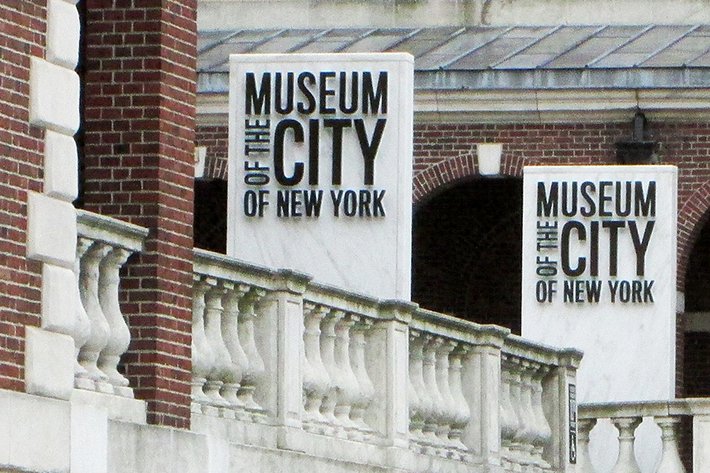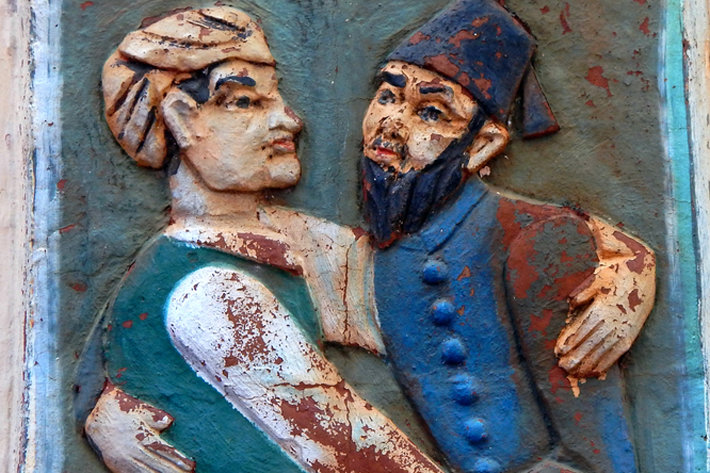A project featuring Muslim artists hopes to increase the inclusion of members of the Islamic faith in filmmaking.

The project “Pillars Muslim Artist Database” was launched November 9 by the Pillars Fund, a Chicago-based advocacy group that produced a report on Muslim depiction in June, along with the University of Southern California Annenberg Inclusion Initiative and others.
The report, “Missing & Maligned: The Reality of Muslims in Popular Global Movies,” found that of 8,965 speaking characters in 200 top-grossing films released from 2017 through 2019 in the U.S., Britain, Australia and New Zealand, just 143 (1.6 percent) were Muslim.
The database is aimed at rectifying the glaring underrepresentation of Muslims in cinema by exposing Muslim actors, directors, cinematographers, editors, sound technicians and others to the film industry in an effort to encourage a more complex and nuanced portrayal of Muslims on screen.
Muslim film personnel can post their profiles on the online database, which can be reviewed by directors, producers and casting directors and people hiring for film, television and streaming productions such as Netflix.
“Muslims around the country would be able to opt in and talk about their talents, talk about their expertise,” Kashif Shaikh, co-founder of Pillars, said in a November 9 New York Times article.
Shaikh described the database as an “important and historic resource…We are making it easier than ever before to find Muslim professionals to work on a film or television project.”
“Sourcing diverse talent is a crucial part of moving the film industry into a future that better reflects the demographics and experiences of our present,” said Arij Mikati, Pillars’ managing director of culture change.
The idea for the database came to Pillars in response to discussions the group had with film industry personnel about the “Missing & Maligned” report, Shaikh said, adding that many filmmakers confided to the nonprofit that when it came to finding Muslim screenwriters or actors, they did not know where to go.
With the help of the Annenberg Inclusion Initiative and Left Handed Films, a production company owned by the British Muslim actor Riz Ahmed, Pillars published a companion report titled “The Blueprint for Muslim Inclusion.” Like “Missing & Maligned,” “Blueprint” was designed to “fundamentally change the way Muslims are portrayed on screen,” Shaikh said.
The Walt Disney Company, with whom Pillars had been in discussions before the reports were published, gave a $20,000 grant for the creation of the database, Shaikh said.
Latondra Newton, senior vice president and chief diversity officer for the Walt Disney Company, said that Disney’s support for the database project was in keeping with the entertainment firm’s own efforts “to amplify underrepresented voices and untold stories.” And she calls the Muslim artists’ database “an additional tool for our teams and ‘creatives’ across the industry to use as they develop more inclusive stories.”
______________
The Church of Scientology publishes this blog to help create a better understanding of the freedom of religion and belief and provide news on religious freedom and issues affecting this freedom around the world.
The Founder of the Scientology religion is L. Ron Hubbard and Mr. David Miscavige is the religion’s ecclesiastical leader.
For more information, visit the Scientology website or the Scientology TV network.


